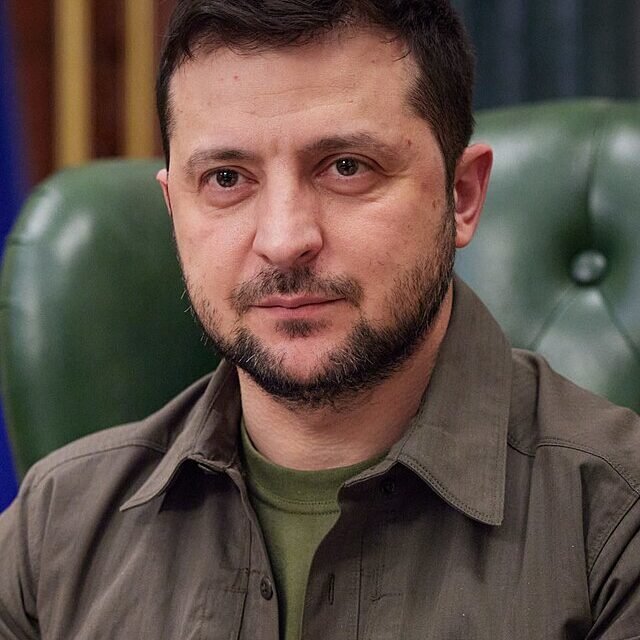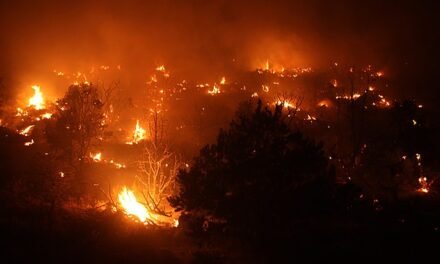In the hushed, high-ceilinged halls of St. Petersburg’s economic forum, Vladimir Putin took to the microphone with a message the world has long waited to hear: he’s open to talks with Ukraine’s president. But before hope could take root, his next words pulled the air out of the room.
“We’re ready for dialogue,” he said, pausing just long enough to make the cameras lean in, “but any deal must be signed by someone… legitimate.”
It was a line laced with intent. Putin didn’t need to say Volodymyr Zelensky’s name—he merely questioned whether the Ukrainian leader still has the right to speak for his people.
Under Ukraine’s constitution, Zelensky remains in power because martial law—triggered by the war—has postponed elections. His leadership continues with the support of allies across Europe and North America. But for Russia, it seems, the legitimacy question is not a legal point—it’s a political strategy.
“They want to shake the ground beneath our feet,” said Svitlana Horbach, a civil rights lawyer in Kyiv. “He’s not questioning the man—he’s questioning the whole country.”
Still, Putin’s remarks about potential negotiations weren’t offhand. He named a date—after June 22—and referenced ongoing prisoner exchanges as a reason to keep the door ajar. Diplomats are watching closely. Some call it a glimmer. Others call it bait.
“We’ve seen this dance before,” said Jakob Rehnquist, a policy advisor in Brussels. “It starts with a gesture, then comes the fog. Meanwhile, people keep dying.”
And dying they are. The same week these comments made headlines, a Russian missile tore through a Kyiv apartment block. The city buried its dead as Kremlin talking points echoed on screens.
For ordinary Ukrainians, the politics feel painfully distant. “He wants to meet our president?” asked Halyna, a schoolteacher in Zaporizhzhia. “Let him walk a mile through the ruins first. Let him hear what war sounds like without translation.”
Back at the forum, the audience clapped politely as Putin left the stage. Somewhere, diplomats scribbled notes. But on the front lines and in bomb shelters, it was just another day of waiting—for silence, for safety, for something that sounds like peace without a catch.




















